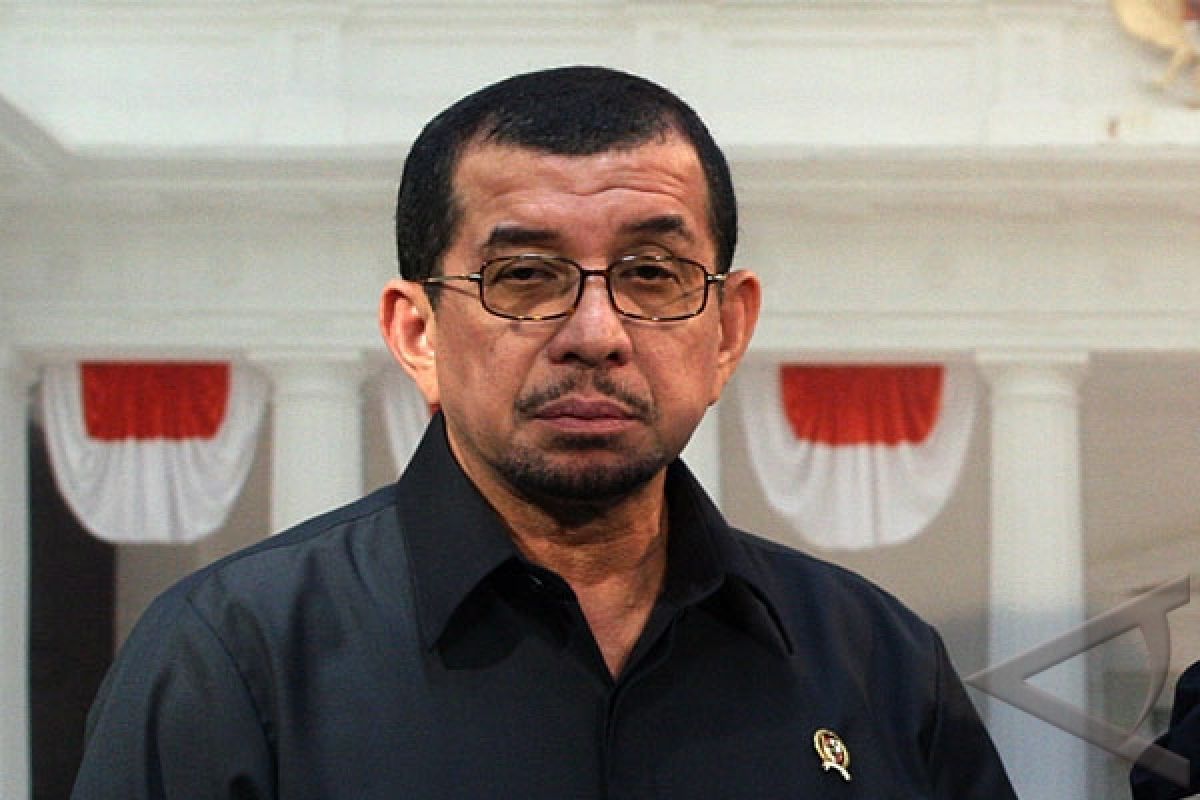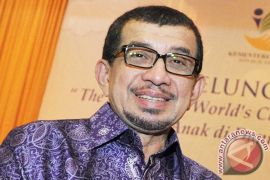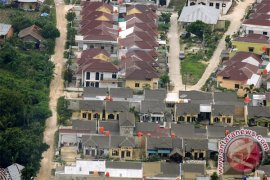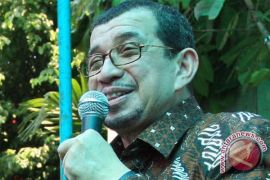"It`s very important for us to report to the United Nations that we have ratified the convention, and later to campaign that Indonesia is a country which seriously handles the issue of persons with disabilities," Salim said here on Friday.
After the convention`s ratification by the parliament, the government would familiarize the public with it and then implement it. The government would also revise Law No. 4/1997 on Disabled Persons.
"So, protection of disabled persons will not only mean making donations for their benefit but also ensuring the equality of their legal rights," the minister said.
Their rights included equal access to public facilities.
"I think it should begin from the parliament building, their accessibility should be realized, and other public facilities," he said.
The House of Representatives (DPR) agreed to ratify the Convention on the Rights of Persons with Disabilities on October 18, 2011, although the country had already signed the convention in 2007.
The Convention on the Rights of Persons with Disabilities and its Optional Protocol was adopted on December 13, 2006 at the United Nations Headquarters in New York, and was opened for signing on March 30,2007.
Among ASEAN member countries, only Laos and the Philippines have ratified the convention, while the other nations have signed it but yet to ratify it.
The Convention follows decades of work by the United Nations to change attitudes and approaches to persons with disabilities.
It takes to a new height the movement from viewing persons with disabilities as "objects" of charity, medical treatment and social protection towards viewing persons with disabilities as "subjects" with rights, who are capable of claiming those rights and making decisions for their lives based on their free and informed consent as well as being active members of society.
(Uu.F001/HAJM)
Editor: Priyambodo RH
Copyright © ANTARA 2011









